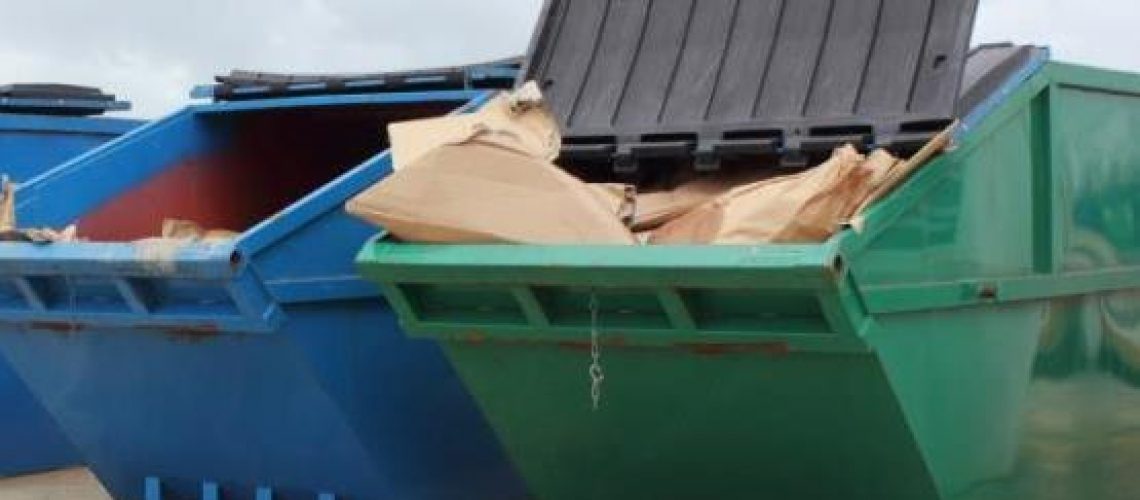Industrial Waste Regulation 2017: Separation and documentation requirements for industrial municipal waste as well as construction and demolition waste to become more stringent:
The amended industrial waste regulation coming into force on August 1st, is intended to strengthen the recycling of materials through improved separation and sorting of municipal and construction waste. So far in Germany, recycling of energy and materials has been deemed equivalent given that the waste has a calorific value of at least 11,000 KJ. This has been contrary to the EU specification, prioritizing the recycling of materials to that of energy recovery – something that has often led to recyclable waste material being burnt. The revised industrial waste regulation should now change this: in future emphasis is to be placed on recycling materials.
The separation obligations for industrial municipal waste (including paper, plastics, metals, glass, organic waste) are of particularly importance for companies. Producers of minute quantities still have the option of disposing of this type of waste in the residual waste bin as provided by public waste disposal companies. All other producers of waste must separately collect industrial municipal waste. Also new in this context is the requirement for wood and textile waste to be separated.
Exemptions may be granted in companies where a separate collection of waste is not possible for technical or economic reasons. This applies, for instance, to a lack of space in inner cities or – because of over-low quantities of each of the fractions – the additional costs of a separate collection are disproportionate to those of mixed collection and subsequent pre-treatment. If one of the exemptions applies, the mixed waste must be handed over to a sorting plant. There is also an exemption to the obligation to deliver to a sorting plant. Here again, if the additional costs from sorting are disproportionate to any other processing without pre-treatment, then the waste may be used for energy recovery.
New in this context is the documentation obligation in all instances. Both compliance with the obligations as well as availment of the above exemptions must be justified and documented by, for example, photos, site plans, delivery notes or tenders for the individual disposal channels. They must be submitted on request to the appropriate authority.
In order to implement the revised requirements, Arqum offers to check on the action required for your separation concept and supports you in the preparation of the required documentation.


